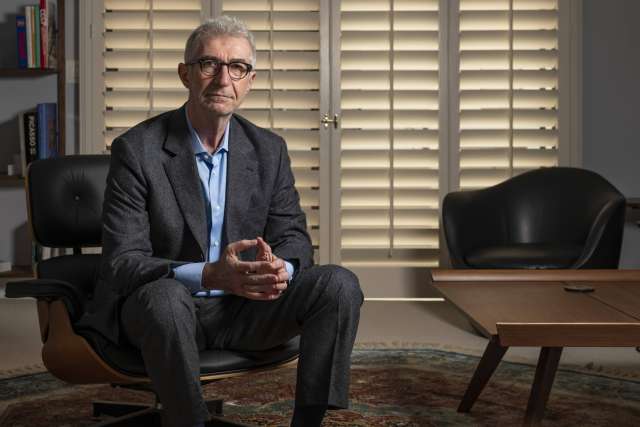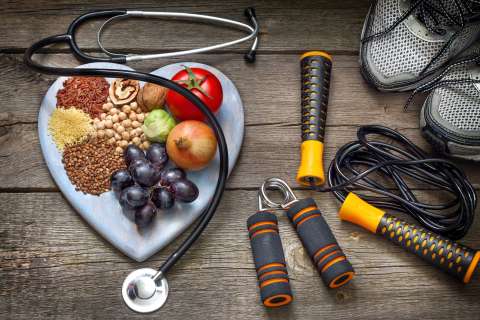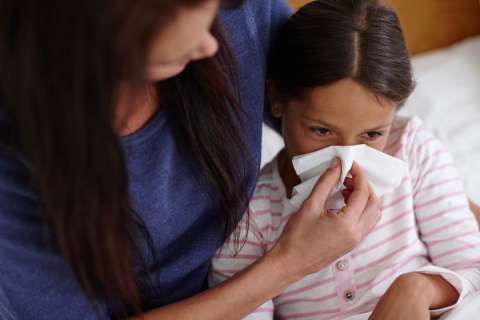If people seem particularly judgmental about all things pandemic-related, chalk it up to human nature.
Human beings have formed tribes throughout history. Particularly during times of uncertainty or threats to our survival, we align with groups that seem to share similar needs, values or challenges, says Emanuel Maidenberg, PhD, clinical professor of psychiatry and biobehavioral sciences at the David Geffen School of Medicine at UCLA.
During the COVID-19 pandemic, many of us have self-aligned with groups that reflect our mask-and-vaccine preferences, whether for or against.
“COVID represented the possibility of life-and-death circumstances for some people, and that just breeds a need for self-definition, even more so than during calmer times,” Dr. Maidenberg says. “I think it’s something we fall back on where there’s a state of not knowing what may happen and there’s a search for something familiar or stable or supportive.”
Belonging to a social group underscores our beliefs and attitudes. Being surrounded by like-minded people affirms our thinking as “right.”
“That’s what we’ve seen during the pandemic,” Dr. Maidenberg says.
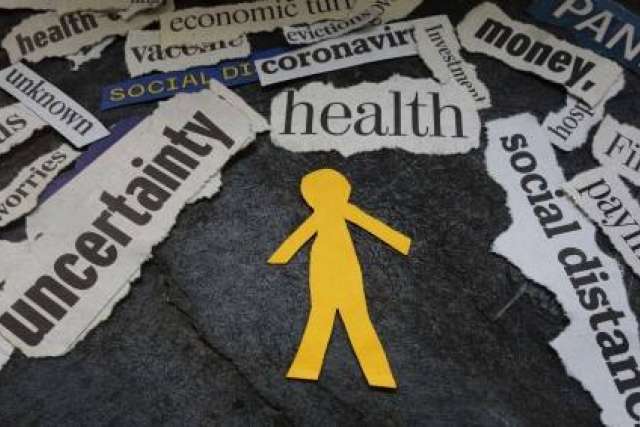
Conflicting attitudes breeds judgment
We’ve also seen the judgment inherent to these social groups.
The pro-mask side judges the anti-mask camp and vice-versa. There’s even judgment within groups, should members appear not to toe the line of the accepted beliefs.
Those who align with a group opposed to masks and vaccines but who end up getting vaccinated, for instance, could find themselves scrutinized by their own allies. Similarly, early adopters of the COVID-19 vaccine might be judged should they come down with a breakthrough infection.
“Social judgment exists within groups and across groups,” Dr. Maidenberg says.
A vaccinated person getting sick, for example, or an individual opposed to vaccines who decides to get the shot, calls into question the wisdom of the group’s perspective.
“When people get sick after two vaccinations, some others in the group may say, ‘Well, they didn’t behave in a safe-enough way,” Dr. Maidenberg says. “I think a lot of people continue having doubts about what’s the right thing to do.”
The danger of judgment
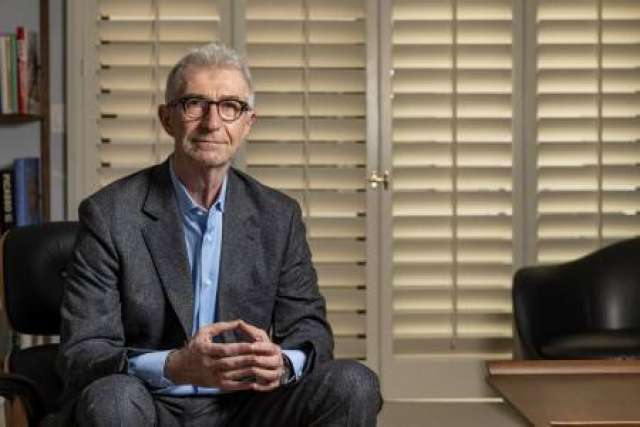
While some social judgment is natural and expected, differences of opinion about safe practices during the pandemic have become downright polarizing in some cases.
Confrontations over mask-wearing have led to violence and an uptick in complaints about unruly passengers on airplanes. The Federal Aviation Administration says that of the 4,724 complaints made by flight crews this year, as of Oct. 12, 3,433 were mask-related. (The Transportation Security Administration requires face masks be worn in airports and during flight.)
Even non-violent social judgment isn’t necessarily useful, Dr. Maidenberg says, particularly when we allow one or two things to become representative of an entire person.
“This idea of how you act vis-a-vis this COVID threat is just one component of what each of us represents to others and to ourselves,” he says. “And, all of a sudden, many of us feel like this is what we’re judged upon, to a large extent. I think it’s a result of this whole atmosphere being so contentious and so isolating for some people and just so difficult to ignore.”
When you’re the one casting judgment, it’s important to remember that perceiving one aspect of an individual’s behavior as indicative of the entirety of who they are is “a big mistake,” Dr. Maidenberg says.
“It’s not that we can get rid of judgment altogether, but we can examine our attitudes and feelings and thoughts about other people,” he says. “We can notice if they become very negative or recurrently negative and are based on just a small, observable action that a person did, that we may be responding to in a way that is disproportionate to what it is.”
It can also be helpful to remind ourselves that, like us, other people are doing the best they can to respond to stressors based on their life experiences. “Having a different perspective and different opinions isn’t wrong,” Dr. Maidenberg says.
If you’re the one being judged, remember that some social judgment is inevitable, Dr. Maidenberg says, and likely says more about the person judging than the one being judged.
“All we can do is cope with these things within ourselves,” he says, “and remember that you can’t live your life without being judged negatively by somebody.”
Get the latest information on the COVID-19 pandemic.
